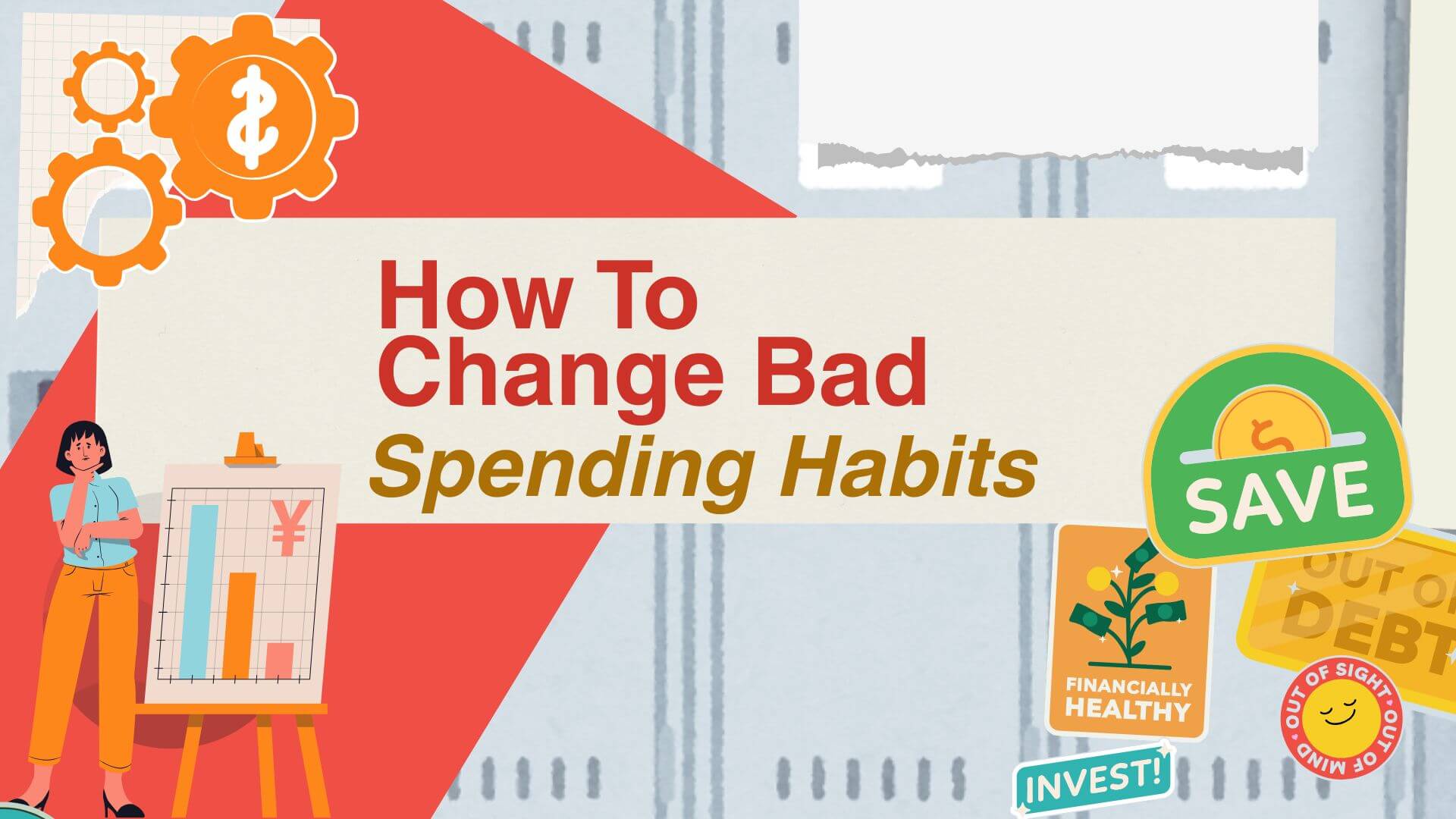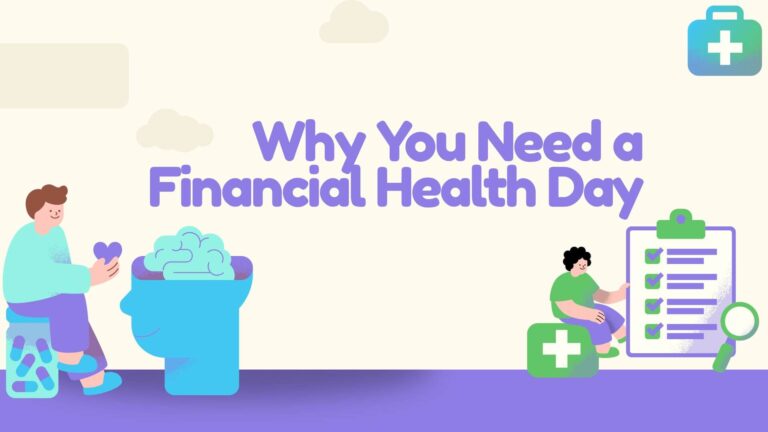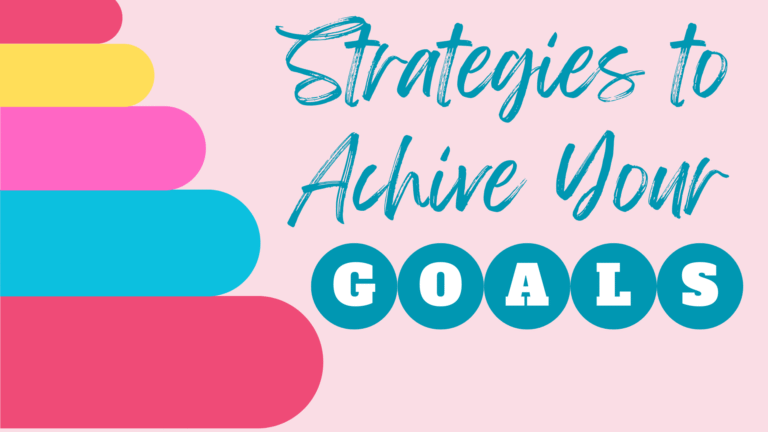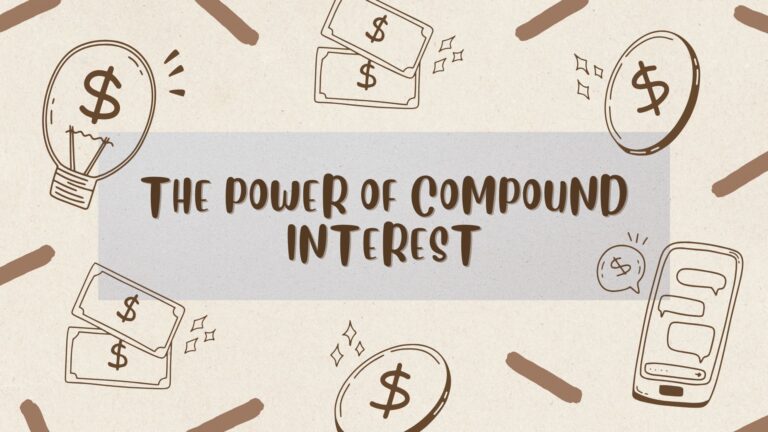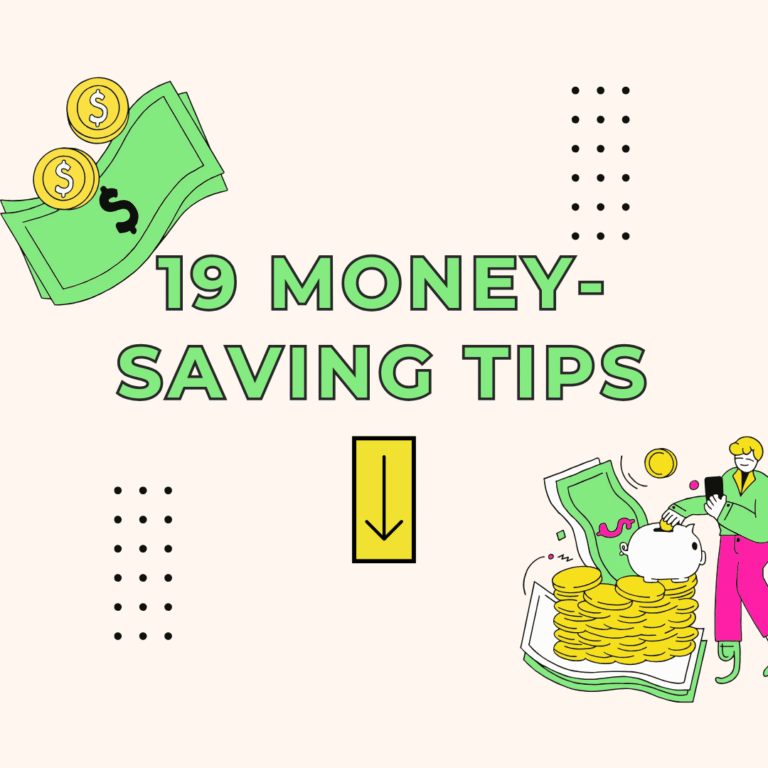How to Change bad spending habits
The habits that are small at the beginning like grabbing a chocolate bar when you’re checking out at the grocery line may be fine at first. But as you go along, you can see that habits are hard to break. There are triggers that we all have that lead us to these habits and they’re often invisible to us in our daily lives.
So why are bad habits around money so hard to tackle?
- In the course of your day about 40% of the things you do are habits.
- All of this happens behind the scenes without you being aware.
- Because you have no conscious control, it’s also hard to break.
When it comes to money we often follow cues, routines, and rewards. Sometimes we get so attached to the reward that comes from giving or spending, we keep repeating routines that hurt us.
But the truth is we all have the capacity to change. Small behaviors can create big impacts over time through the power of habit. Getting rid of bad habits or forming new ones affects not just your money but also your mental, emotional, and physical well-being.
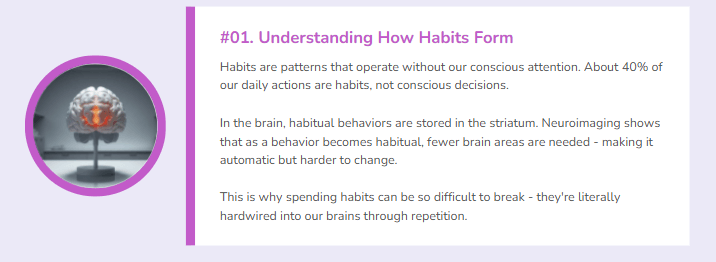
How Habits Form in the Brain
After many years of working as a hacker I ran into Francis Crick, Nobel Laureate for discovering DNA. When he learned about my work penetrating banks and governments, he suggested, “You might as well try to implement that in a much bigger and much more important question, which is how our brains work.” With his endorsement, I moved from hacking computers into hacking humans’ brains.
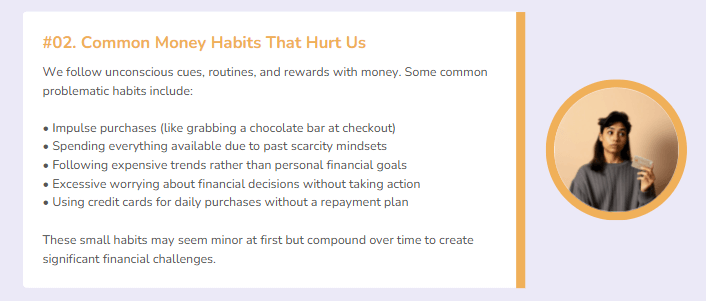
So how do habits creep their way into our brain?
- Habits are patterns of existence that operate without us paying attention.
- Some habits are so frequent that they’re hardwired into the brain like breathing.
- Over time the brain moves repetitive actions into “habit mode” to save effort.
For example:
- Drive the same route to work every day and eventually your brain runs it automatically.
- This happens in a brain area called the striatum, where habits are formed and stored.
Neuroimaging studies show:
- At first many areas of the brain are active when learning a new behavior.
- But with repetition fewer areas are needed the brain only uses the neurons absolutely necessary to get it done.
That’s why breaking a habit is so hard you’re undoing something your brain worked hard to make automatic.
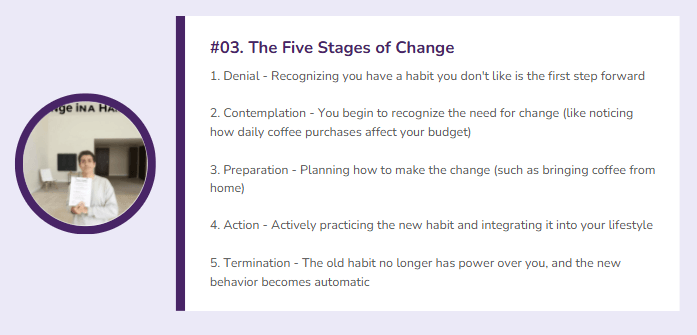
Common Money Habits
Some people have the resources to pay for things but still spend everything they have because they’re used to not having money or not saving. Others hyperfocus on trends or worry excessively about whether they’re doing the right thing.
But habits can be replaced with intentional effort.
Examples:
- Reading one page a day eventually leads to finishing a book and another.
- Saving just a dollar or two adds up to hundreds over time.
- Saving $50 a month every single month, thanks to compound interest, makes a real difference in your financial life.
The mistake people make is trying to change everything at once. They’ll cut takeout, save for retirement, walk to work and it becomes overwhelming.
Instead:
- Focus on one habit at a time.
- Stick with it until it’s integrated.
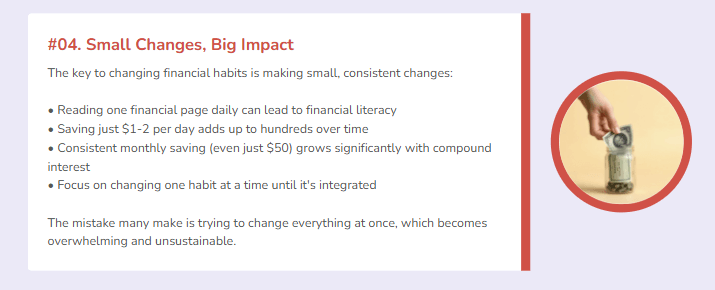
Stages of Change
- Denial – Maybe I don’t need to change this habit. But saying “I have a habit I don’t like” is already a step forward.
- Contemplation – You start recognizing the need for change. Maybe swiping your credit card for coffee doesn’t feel good financially.
- Preparation – You begin planning on how to make the change. Like arriving at work early and taking a walk instead of buying coffee.
- Action – You actively practice the new habit and integrate it into your lifestyle.
- Termination – The old habit no longer has power over you. Eventually the new behavior takes over and the old one fades.
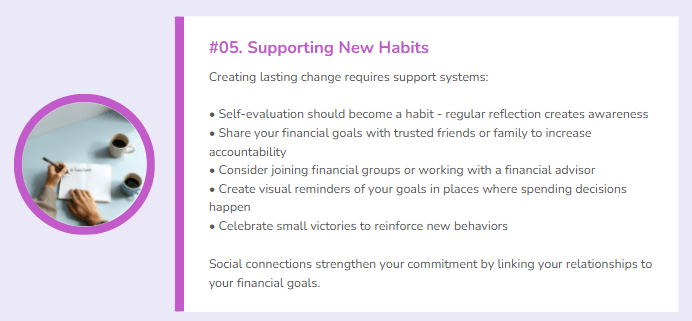
Supporting New Habits
Self-evaluation should be a habit. Many people don’t reflect enough, but awareness and accountability make a huge difference.
Social support helps too. Share your goal with friends, family, or co-workers. Associations and connections strengthen your commitment you now link your friend to your goal.
In the end the sky is the limit when it comes to how you behave and act with money. By making small efforts and reflecting on your habits you can create positive change.
And if you’ve made it this far even just reading this you’re already a little bit better.

